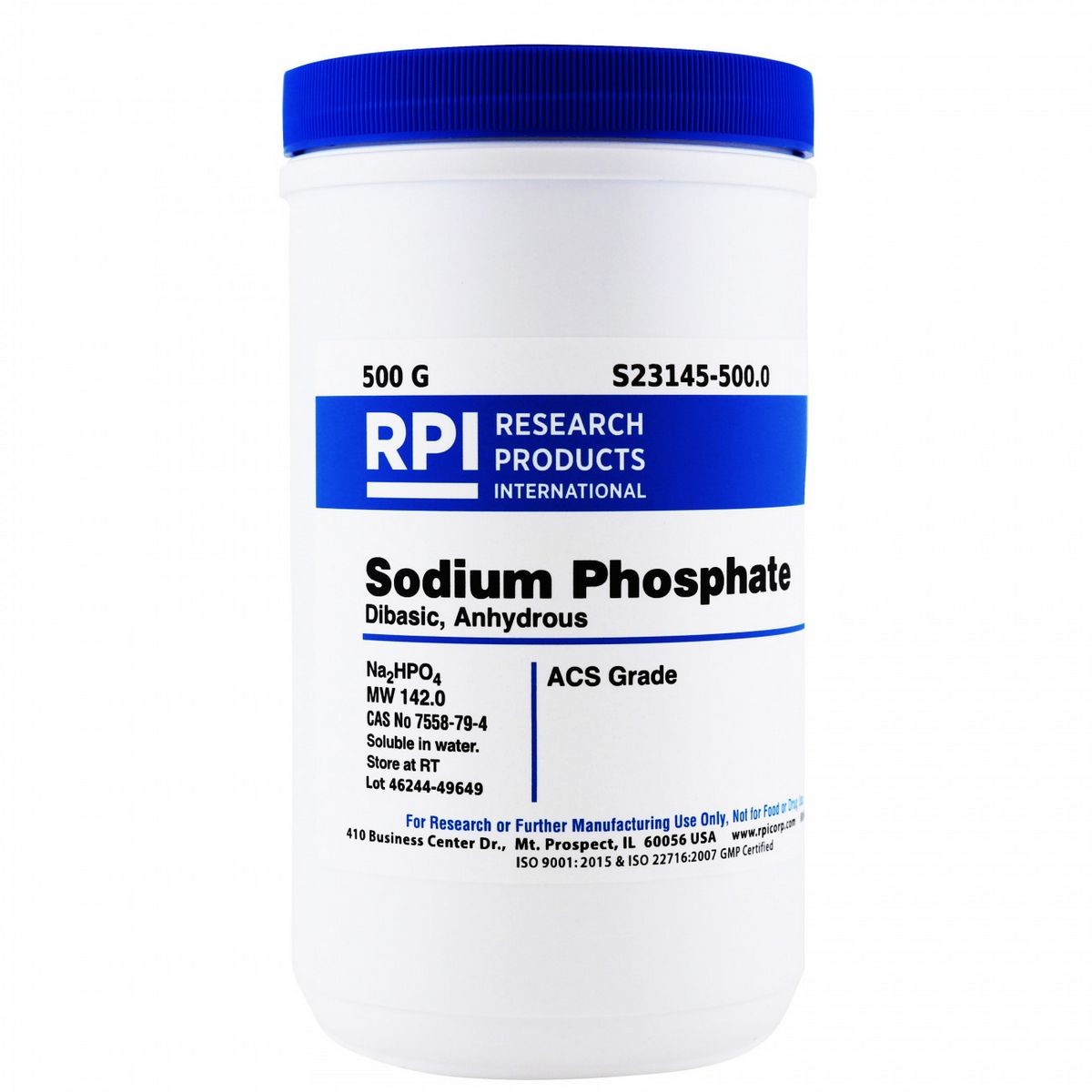
sodium phosphate monobasic/dibasic – oral, OsmoPrep
WARNING: Rarely, serious kidney problems have occurred with the use of this product. Kidney disease, bowel problems (such as colitis or obstruction), severe dehydration, or age over 55 years can increase the risk. Certain medications that affect the kidneys can also increase the risk. If any of these cautions apply to you, talk with your doctor before using this drug. Drink plenty of clear fluids to prevent dehydration.
USES: This medication cleans out the intestines before a colonoscopy. Sodium phosphate is a laxative that draws water into the colon, causing watery bowel movements. This allows the doctor to clearly view the intestines during the procedure. Do not use this medication for weight loss or constipation due to the possibility of severe side effects.
HOW TO USE: Read the Medication Guide provided by your pharmacist before starting this medication and each time you get a refill. If you have any questions, consult your doctor or pharmacist. Follow your doctor’s instructions closely. Follow any special dietary instructions given by your doctor. You should not eat before taking this medication and until after the colonoscopy. Only clear liquids are allowed during this time. Do not drink liquids colored purple or red. The evening before your colonoscopy, take 4 tablets with at least 8 ounces of clear liquid by mouth every 15 minutes or as directed by your doctor. Repeat this dose and the liquids every 15 minutes until you have taken 5 doses (20 tablets). The next day, start taking the medication 3-5 hours before the colonoscopy. Take 4 tablets every 15 minutes with liquids as directed until you have taken 3 doses (12 tablets). Follow your doctor’s recommended dosage. Do not use any other laxative products while taking this medication or for 7 days after treatment is finished. Watery bowel movements usually begin 1 hour after starting the tablets. Drink as many clear liquids as possible to prevent dehydration. The watery bowel movements may decrease absorption of regular medicines. Contact your doctor if you do not have a bowel movement within 3 hours after taking this medication.
SIDE EFFECTS: Nausea, vomiting, stomach/abdominal pain or bloating, dizziness, and headache may occur. If any of these effects persist or worsen, tell your doctor or pharmacist. Persistent diarrhea or vomiting may result in dehydration and serious side effects to the kidneys and heart. Contact your doctor promptly if you notice symptoms of dehydration. Tell your doctor right away if you have any serious side effects, including severe or persistent stomach/abdominal pain, black/bloody stools, rectal bleeding, mental/mood changes, fast/irregular heartbeat, chest pain, fainting, or seizures. Seek immediate medical help if you notice symptoms of a serious allergic reaction. This is not a complete list of possible side effects. Call your doctor for medical advice about side effects.
PRECAUTIONS: Before taking sodium phosphate, tell your doctor or pharmacist if you are allergic to it or if you have any other allergies. Before using this medication, tell your doctor or pharmacist your medical history, especially of heart problems, stomach/bowel problems, gastric bypass/stapling, low blood minerals, severe dehydration, kidney problems, liver problems, salt restricted diet, daily alcohol or sedative use, seizure problem, or swallowing problems. Before having surgery, tell your doctors or dentist about all the products you use. Use caution when using this drug in older adults. During pregnancy, use this medication only when clearly needed. It is unknown if this drug passes into breast milk. Consult your doctor before breastfeeding.
QUESTION
DRUG INTERACTIONS: Drug interactions may change how your medications work or increase your risk for serious side effects. Keep a list of all the products you use and share it with your doctor and pharmacist. Do not start, stop, or change the dosage of any medicines without your doctor’s approval. Some products that may interact with this drug include drugs that affect the kidneys. Sodium phosphate can rarely increase the risk of an abnormal heart rhythm from certain medications. Also report the use of drugs which might increase seizure risk when combined with sodium phosphate. If overdose is suspected, contact a poison control center or emergency room immediately. Do not share this medication with others. Laboratory and/or medical tests may be performed to monitor your progress or check for side effects. This medication should be used as scheduled. If you miss a dose, contact your doctor or pharmacist for instructions. Store at room temperature away from light and moisture. Do not flush medications down the toilet or pour them into a drain. Properly discard this product when it is expired or no longer needed.


